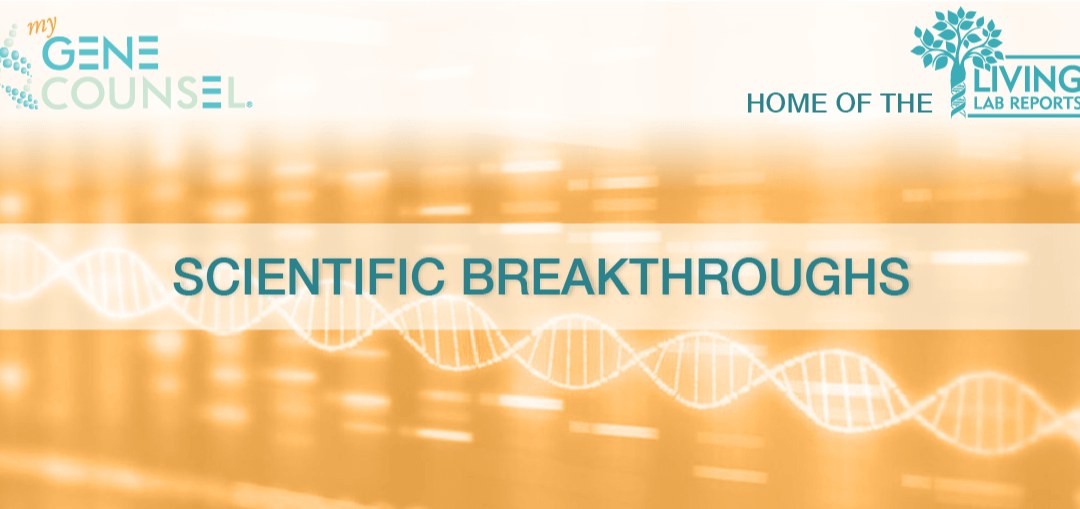Doctors have used the up-and-coming gene therapy tool CRISPR in a human for the first time as part of an ongoing clinical trial to treat a genetic condition called Leber congenital amaurosis (LCA). LCA is an inherited eye disorder that affects the retina (the layer of tissue at the back of the eye that detects light and color) and results in significant visual impairment beginning in infancy, as well as other eye and vision problems.
Gene therapy aims to permanently treat human genetic conditions by fixing non-working genes or adding working genes to the cells of a person’s body; however, successfully getting working genes into affected cells has proven challenging. Treating genetic eye conditions with gene therapy has been heavily explored since the cells of the retina can be more easily accessed through injection than other cells of the body, and any adverse effects would likely be contained to the eye.
In 2018, the first FDA-approved gene therapy for inherited retinal disease was announced. This therapy uses a technology called AAV, which introduces working genes into cells via a viral vector that’s been adapted for treatment use. One limitation of AAV gene therapy is that only certain genes are small enough to fit inside the viral vector.
CRISPR is a gene therapy technology that can target and fix gene mutations present in the cell and isn’t limited by the size of the gene, thus offering more flexibility than AAV. CRISPR has been used experimentally to treat conditions, such as sickle cell anemia and certain cancers, by removing cells from a person’s body, treating the cells with CRISPR, and then placing the cells back into the body. Doctors and researchers have been wary of using CRISPR directly in a person’s body due to concerns that treatment might edit a gene incorrectly or might edit other genes in the body and cause harm.
This clinical trial is the first to use the technology in a human. Scientists do not yet know whether treatment will successfully restore vision for the patient, and results may take up to a month. The clinical trial may be expanded to 18 children and adults if the first few attempts are deemed safe. This trial sparks hope that gene therapies, such as CRISPR, may eventually become available to successfully treat other genetic conditions.

